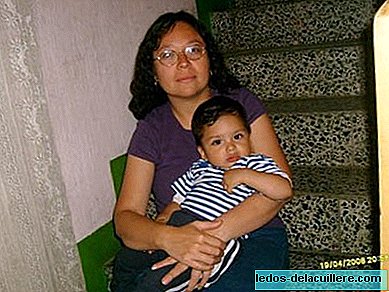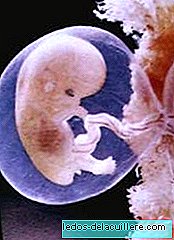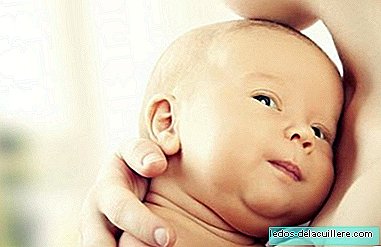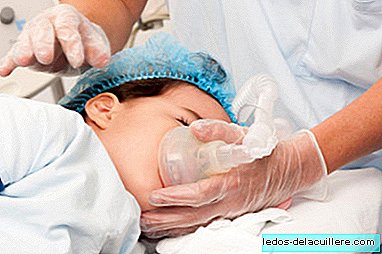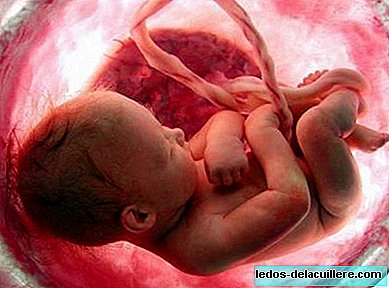
Today may be a designated day for genetic engineering. The British Parliament will be the first in the world to rule on a controversial assisted reproduction technique known as the three-parent embryo.
It is a procedure that fuses the DNA of the ovules of two women with the sperm of a man to prevent the transmission of degenerative diseases. It would mean altering the DNA by replacing some genes with others, so if the UK today authorizes babies with three parents, would mark a before and after for science.
What is the novel technique? It is actually a mitochondrial transplant (the power plant of the cells) between two ovules. The nucleus of the ovule of a healthy woman would be inserted into that of a mother with defective DNA to be fertilized in vitro by the father's sperm. That is to say, there would be two mothers and a father, although only 0.1% or 0.2% would correspond to the mitochondrial DNA of the woman who donated the healthy egg.
A controversial decision
We had already talked on the blog about the possibility that a genetically modified baby of three parents would be born in 2015 in England, but today the deputies will debate and vote if they approve or not amend this technique in the Human Embryology and Fertilization Act of 2008.
It is estimated that some 2,500 Britons could benefit from this new technique to avoid mitochondrial diseases, which pass from mother to child and can cause brain damage, loss of muscle mass, heart failure and blindness. One in 6,500 children is born with a severe DNA defect in mitochondria.
The voices in favor, which include dozens of scientists from around the world, including several Nobel laureates, defend the need to take a step forward but "we will be denying many women the right to have healthy children."
They also ensure that 15 years of experimentation in primates and the three studies presented have been sufficient to demonstrate that it is a "healthy and safe" procedure for humans.
For its part, the Church of England has asked the deputies to vote against considering it "a radical technique that can affect future generations without having done the necessary clinical tests before." The controversy is served.
Legalize genetic engineering
The decision taken by the British parliament could mark the legal beginning of genetic engineering. So far, the majority, 40 percent, are in favor of approving it, compared to 30 percent, while the remaining 30 percent say they do not have enough information.
In a few hours we will know if in the future they will be born genetically modified babies of three parents. I don't think they should be considered "a la carte babies". We are not talking about asking for blue eyes, but about avoiding diseases and that is always good. The mother's DNA would be modified very little, so that genetic features such as physical appearance or personality that the baby could inherit would not be altered. What do you think about this technical controversy?
Upgrade: 18:00 hs - With 382 votes in favor and 128 against the British Parliament has approved the technique of mitochondrial donation

